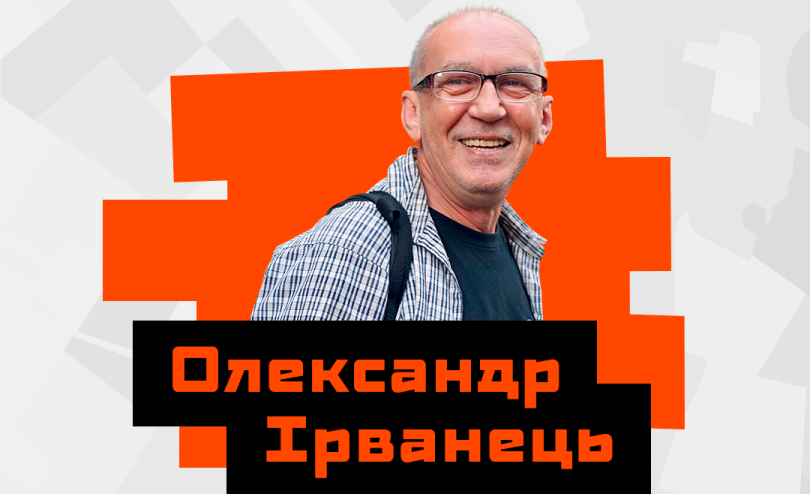Ihor, fight!
The war in Ukraine has been ongoing for nearly a year now. As a 62-year-old, I have been observing it closely, both near and far. It’s funny how life works out; I have recently noticed signs of aging in myself, and it scares me. I find myself shedding tears while watching Ukrainian YouTube channels in my Berlin apartment. The news from Ukraine is heart-wrenching, and I never thought I would be so emotionally affected by it. It’s been a long time since I last cried; my tear ducts seemed to have atrophied at the age of 15 or 16. Even strong winds would not bring a tear to my eyes.
And when I constantly think about Ukraine, I, in accordance with my profession, recall the writers and poets I know personally and who are now at war or have already returned having finished their service. There are so many that it is hard to list all of them. It so happened that I follow them mainly through Facebook. I spy, so to speak, on their lives stealthily, without showing myself.
Serhiy Tatchyn, the enigmatic artist and poet from Vinnytsia, known for his poignant and powerful verses, returned from the war, tended to his wounds, and has since gone back to the frontlines. Meanwhile, Artem Polezhaka, the mischievous god of Kharkiv, fights with all his skill. Andriy Kokotyukha, a prolific writer who could be compared to Simenon or even Hugo, played a significant role in the liberation of Irpin, for which he deserves our utmost respect. In addition, Serhiy Pantyuk and Dmytro Manzhenko, both poets with distinct writing styles, are also fighting. Regardless of their differences, they are both poets at heart.
Both the publisher, Andriy Honcharuk, and the journalist, Dmytro Krapyvenko, are fighting and I consider them part of my community. And I constantly think about how our literature will change after our victory. Although there may be writers I have not mentioned, they too will bring a profound and poignant new experience from the conflict. At least, that’s my hunch.
Somewhere in the east, fighting alongside Honcharuk is Ihor Mitrov, a young poet who is a sinophile, aesthete, archaeologist, drunkard, and object of both admiration and hatred. In short, he’s the quintessential image of a young poet today, right down to his appearance. Even a young Vladimir Mayakovsky would look like a truant station bum when placed next to Mitrov.
I’ve been a long-time follower of Ihor’s work, and it’s gratifying to see how his writing has grown in strength, with a more defined style and a distinct poetic voice.
Ihor recently posted another poem on his Facebook page. Instead of quoting it, I will retell it in my own words. The poem is about Ihor, the narrator and lyrical hero, who is at war and packing his backpack in the trenches. In the Soviet army, this item was commonly called a „duffel bag.“ The poem lists various soldier’s equipment, including clothing, weapons, helmets, walkie-talkies, and body armor, that Ihor packs in his bag. He then takes almost everything out and fills it with bullets while the Muscovite cockroaches are constantly crawling and attacking.
As I read this poem multiple times, the answer seemed to materialize on its own.
Ihor, FIGHT!
Ihor, fight!
Ihor, fight and write!
beat them all, these abominations and scum humanoid creatures
and even if there is even a tiny possibility
there is a tiny number of creatures
capable of some kind of growth
and some future dostoevsky will oppose you in battle
fight!
some future tolstoy
fight without hesitation
some future turgenev-tyutchev-pushkin-lermontov-yesenin-brodsky-kabanov
fight!
some future valuev-stolypin-muravyev-postyshev
fight!
some future solzhenitsyn-sholokhov-akunin
blow them to pieces!
alyosha karamazov vronsky and bezukhov pavel vlasov pavka korchagin
whack them all!
and do not pity the future kharms or mandelstam
because there are none like those among them
These kinds of texts come to me during winter in Berlin, nearly a year after the war began…
Berlin, Tempelhof, Febr.2023.
Translated by Yulia Lyubka and Kate Tsurkan











